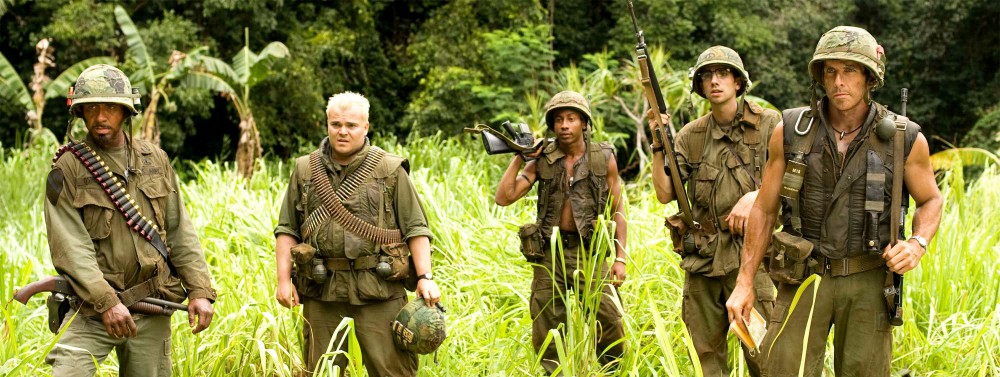The Abbas Kiarostami’s film “Through the Olive Trees,” the romance between the main actors, Hossien and Tahareh, revealed to me about Iranian traditions and censorship. This movie is a triology, a film about behind the scenes of the second film in the trilogy showing a relationship taking place between the two main actors. Hossein is a local stonemason who became a non professional actor, though outside the film set he makes a marriage proposal to leading actress, Tahareh, who is also a student recently orphaned after the earthquake. Hossein felt as they are now are both orphans they were in the same situations, thus leveled their status. But Tahareh’s grandmother doesn’t care for his proposal for marriage as he is poor, doesn’t have a house and is illiterate, thus due to traditions and her grandmother’s disdain toward Hossien that she decides to evade him.
Unfortunately for Tahareh, Hossein gets casted into playing in the same film as her, even with conflicting emotions she still continues to work for the movie. She persists on evading him even when they are filming, as she seems to have trouble grasping the difference between her role and real life. The situation complicates further as Hossein still pursues the affections of the young actress while the film goes on. Throughout the film Hossein tries to get Tahareh to accept his proposal, even during their private scene he tries to show how much of an equal partner in marriage he can be. Hossein identifies with the newly-wed in the film-within-the-film, whose motto is to seize the day before another earthquake comes.
Tahareh though remains caught in her society’s conventions, which are set down rules on how a married woman should behave or how an unmarried girl must conduct herself. Within these limitations, she cannot convey her true feelings to Hossein nor to the viewer, whose access to Tahareh’s subjectivity is further restricted by censorship regulations. The film is shaped through conflicts in the Iranian censorship while still trying to show the forbidden love relationship that is happening. Given censorship restrictions on private spaces, Kiarostami uses sets which are simultaneously private and public. Here, a balcony and porch serves as the main set. Most of the film-within-the-film is shot at ground level, the conversation between the newly-weds taking place off-camera, with Tahareh on the upstairs balcony. On set, Tahareh resolutely looks away from Hossein, Kiarostami rarely gives us Tahareh’s reaction shots. Kiarostami didn’t want the actress to express for own personal feelings as they would go against the tradition and had to keep the censored as well.
The director learns about this and tries to advise Hossein about what to do. In the end after the filming is done Tahareh manages to leave immediately but Hossein still follows her for wanting an answer from her, in the last scene they are seen going through the olive trees as two but after awhile one person comes running back, it isn’t revealed if the love by Tahareh was finally accepted or not. This was also in part due to censorship to not show the personal conversation that happened between them we they met up in the distance. The Abbas Kiarosami tries to show how the post-revolutionary rules of modesty on woman instilled tradition and censorship in Iranian cinema through this film using Hossein and Tahareh’s relationship.
